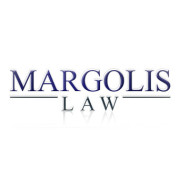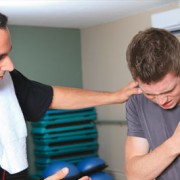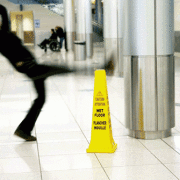WHY DON’T HEALTH CLUB MEMBERS SEEK ASSISTANCE FROM AN ATTORNEY WHEN THEY ARE INJURED IN THE GYM?
I have discussed before the number of injuries that are reported in regards to health club and fitness facility injuries.
But for all the injuries that get reported, there is a reverse side to this issue – the many injuries that don’t get reported.
Before becoming an attorney, I worked for many years as a Medical Exercise Specialist in various health club facilities. On more than a few occasions, I saw people sustaining injuries in the health club. But, usually the injured person would just act as if the injury didn’t happen, or wasn’t important.
I’m not talking about injuries that are sustained by a person’s own negligence. For example, if a person willfully chooses to not listen to professional advice regarding the proper form to lift weights and sustains an injury from his/her own choice, that’s clearly a case of contributory negligence.
But I am referring to gym injuries that are a result of negligence by the health club owners/managers themselves.
WHAT THE HEALTH CLUB OWES TO ITS MEMBERS
In general, health clubs, gyms, and fitness facilities owe a duty of care to members to not be negligent, and provide safety for foreseeable injuries. Different levels of care are required for different classifications of members/visitors (which I will not specifically cover here), but gym members should understand that a duty of care is owed to them.
SO WHY DON’T HEALTH CLUB MEMBERS SEEK AN ATTORNEY WHEN THEY ARE INJURED AT THE GYM?
In my experience both as a fitness professional and as a personal injury lawyer, I have found three general reasons why gym members don’t report injuries, or speak to an attorney about their gym injuries.
1) Embarrassment – Most people want to project a certain amount of knowledge and command while they are working out. Whether a health club member rips open their hand on a sharp metal object that shouldn’t be sticking out, or gets a full-body squishing from a defective leg press machine, or gets thrown off a treadmill upon a non-expected sudden stop or speeding up, or pulls a large muscle due to negligent personal training, people would rather bleed, limp, swell up, or try to walk off their injuries.
2) Members didn’t know they should or could – As I mentioned earlier, health clubs, gyms, and fitness facilities owe a duty of care to their members. The only way to keep these businesses accountable and on their toes is to report injuries, and sometimes consult a gym injury attorney to prosecute the negligence of such businesses.
3) Members didn’t know gym was at fault – Similar to the “embarrassment” issue, most people tend to blame themselves for their injuries and don’t realize that the health club is at fault. Personal injury law can be very complicated, and health club members could potentially benefit greatly by consulting with a personal injury/gym injury attorney to see if they have an actionable case against their health club.
If you think you might have a case resulting from a gym, health club, or fitness facility injury, contact gym injury attorney Thomas Margolis at: Tom@TmargolisLaw.com




